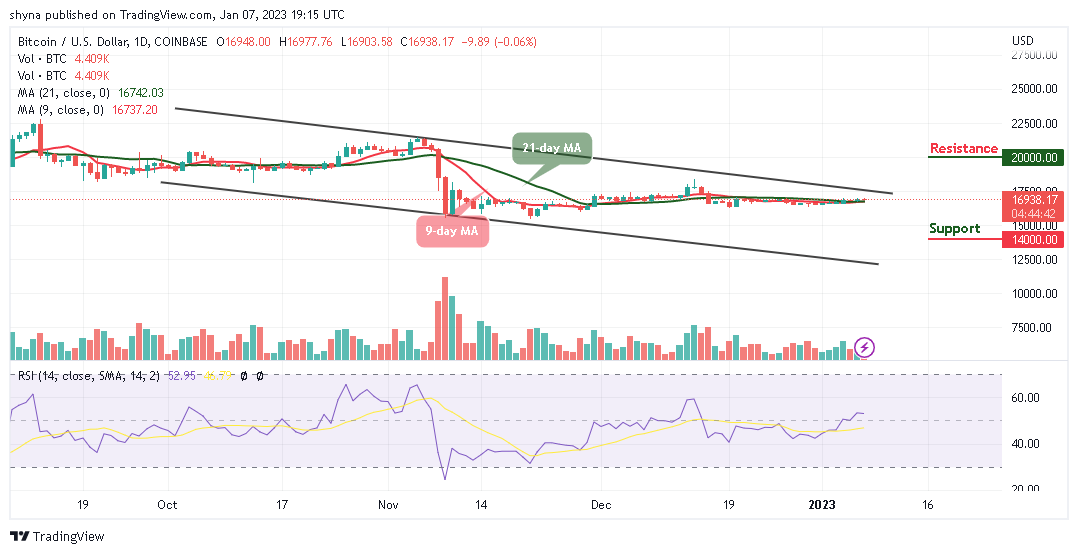If you’ve been following the recent fallout of crypto exchange FTX, you’ve likely heard the phrase, “not your keys, not your crypto.”
But what exactly does this mean?
To help unpack the term, we explored the benefits of self-custody using your Private Key Wallet on the Blockchain.com Podcast.
In case you missed it, here are four big insights from the conversation.
There are two major types of crypto wallet, a custodial wallet and a non-custodial wallet.
A non-custodial wallet (Private Key Wallet in our app) gives you full control over your money.
Many contemporary service providers only offer custodial services where your crypto often never actually leaves their platform, as they are the custodian of your funds.
When you sign up for a wallet, a unique public key and a private key is created.
You can think of the public key just like an email address, you can share it with anyone you want, but your private key is like a password that unlocks your ability to send crypto from your wallet.
“Not your keys, not your crypto” means that if you don’t hold your private key using either a self-hosted or private key wallet, then someone else actually has control of your money — like a third party crypto service provider.
Sharing that private key is basically like giving someone the keys to your safe deposit box or your house. For that reason, you should never share your private keys.
Not every major crypto company offers or supports a non-custodial wallet like Blockchain.com does.
The Blockchain.com Private Key Wallet was the first wallet we ever built and represents the overall “trustless” ethos of cryptocurrency.
If you’re interested in setting up a Private Key Wallet with Blockchain.com, go to Blockchain.com to sign up for yours today.











